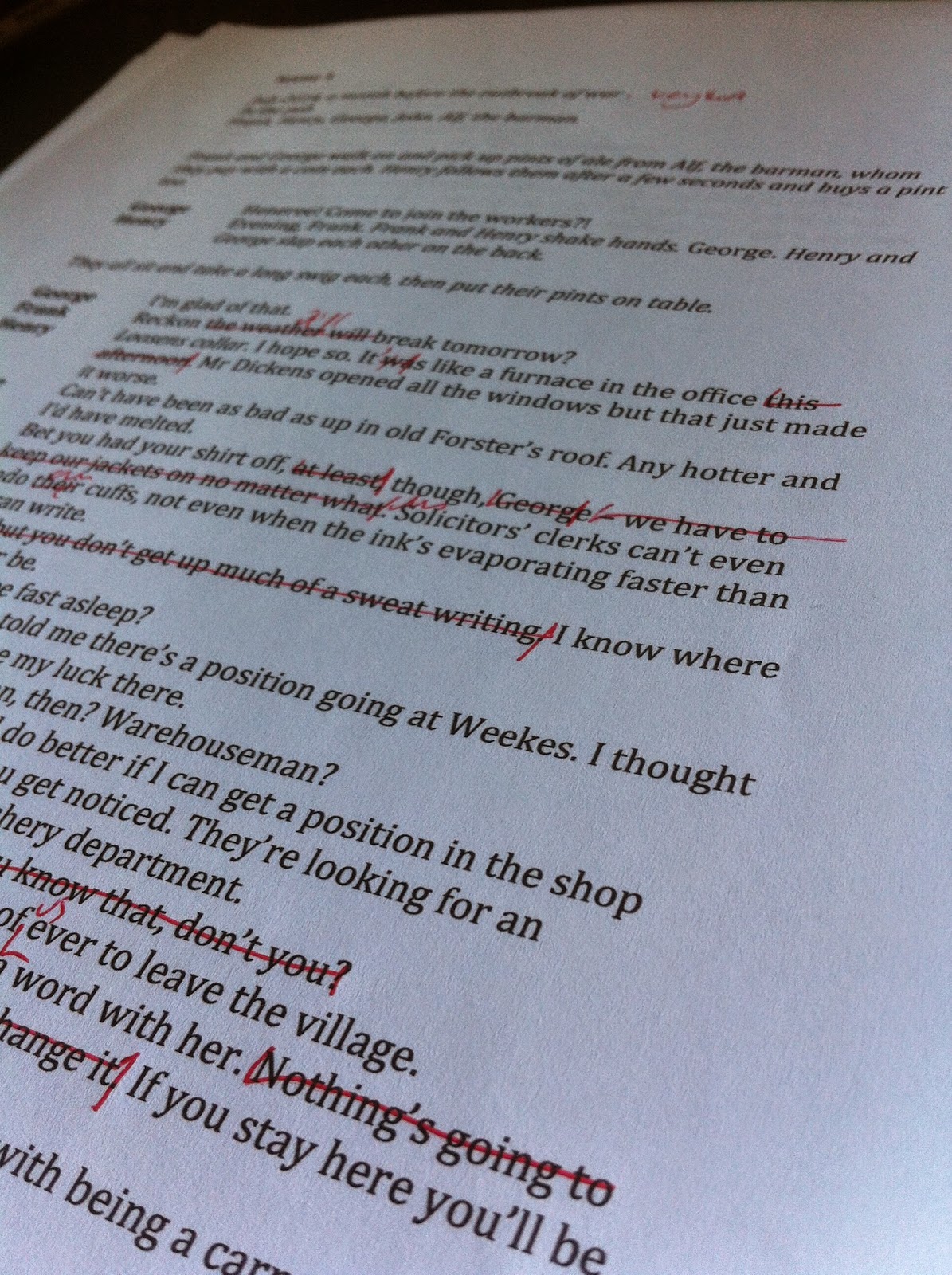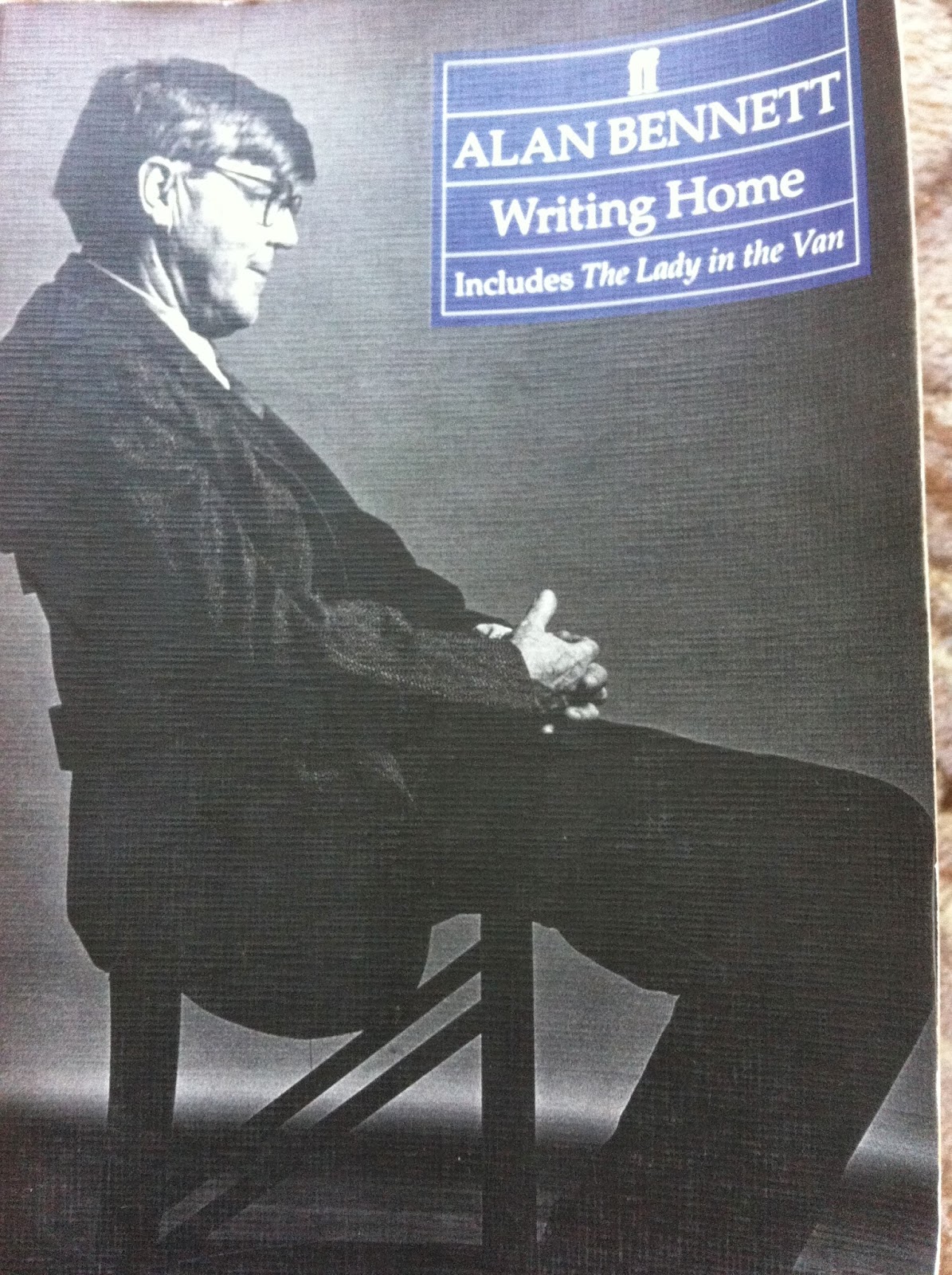This morning I read Grace Nichols' poem, 'Wings'. I don't think I've ever heard her called a nature poet - I'm guessing people most often define her as a Caribbean poet - but in so many of her poems the natural world is powerful force, driving her imagery. Here's the opening stanza of 'Wings':
Consigned to earthIt's so tender, so painful, it stopped me in my tracks.
we thought it fitting
to worship only
the sustenance of our roots,
so that when uprootment came
in its many guises
we moved around like
bereaving trees, constantly touching
our sawn-off places.
The natural world is often god-like in Nichols' poems, but though there's plenty of myth, and there are gods, it's too big, too complex to be merely a god. And it's also too small - a single red hibiscus flower, a clod of Sussex earth stuck to a shoe. We're irretrievably connected to the natural world, we're part of it.
When I was young I loved stories like Wuthering Heights where the vast empty moors, the wild storms, the sheer indifference of the land were just as much a part of the story as Catherine and Heathcliff. The landscape, the snow, the driving rain, were alive, were powerful players.
But though I loved these stories, I thought it wasn't cool to write like that any more. I thought that now we were modern, nature wasn't just wasn't gritty enough, real enough.
It silenced me as a writer for a long time, though I should have known better. I read JG Ballard after all - how didn't I notice that his triangle of land between the motorways in Concrete Island was fast reverting to the wild? Graham Greene, with his whiskey priest sweating through the banana plantations? Margaret Atwood? Cormac McCarthy? Robin Roberston? Seamus Heaney?
Nature writers? Maybe not. But writers who understand the power of nature, yes. And writers of power, most definitely. You really don't have to be urban to be cool.


























